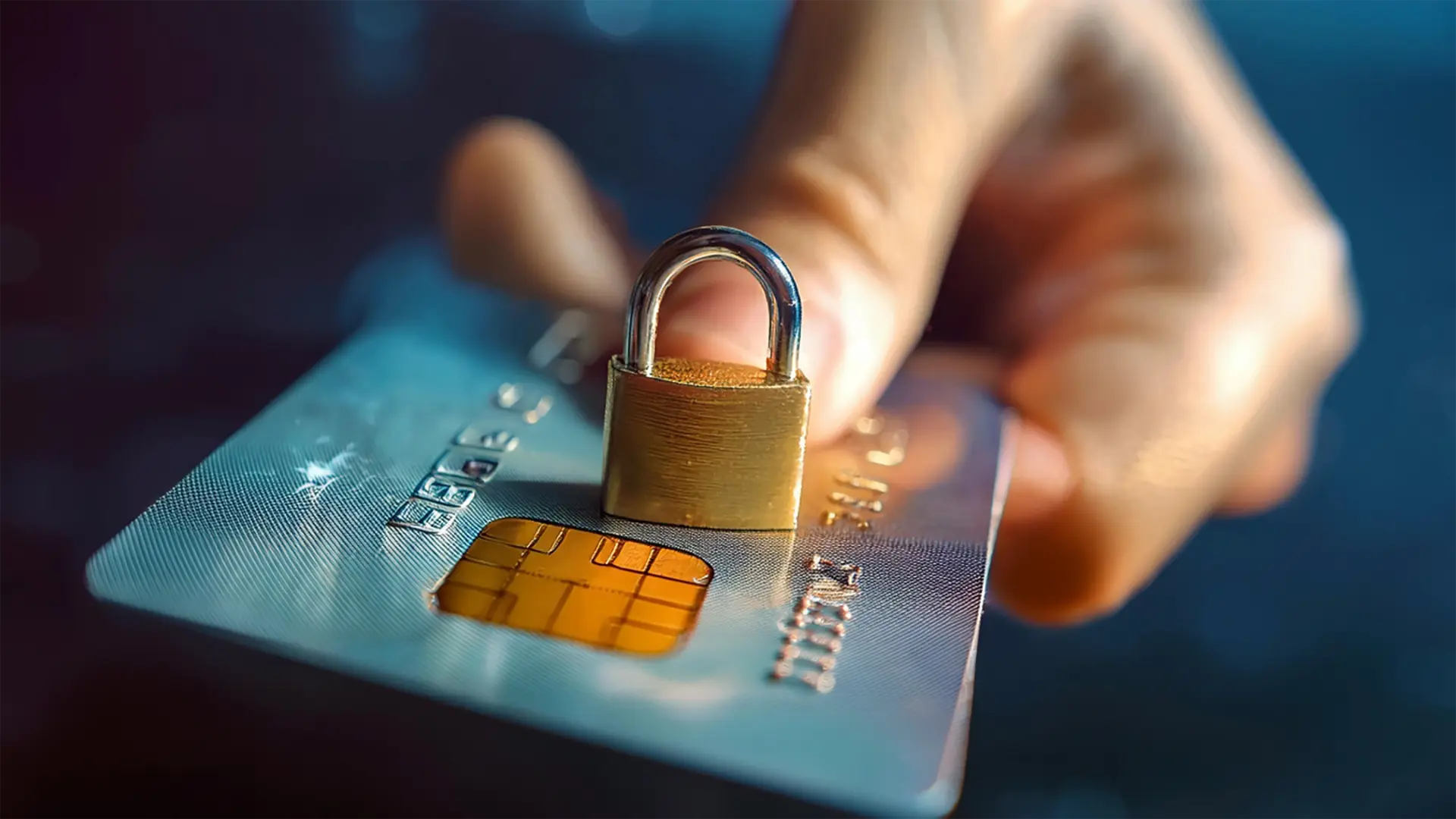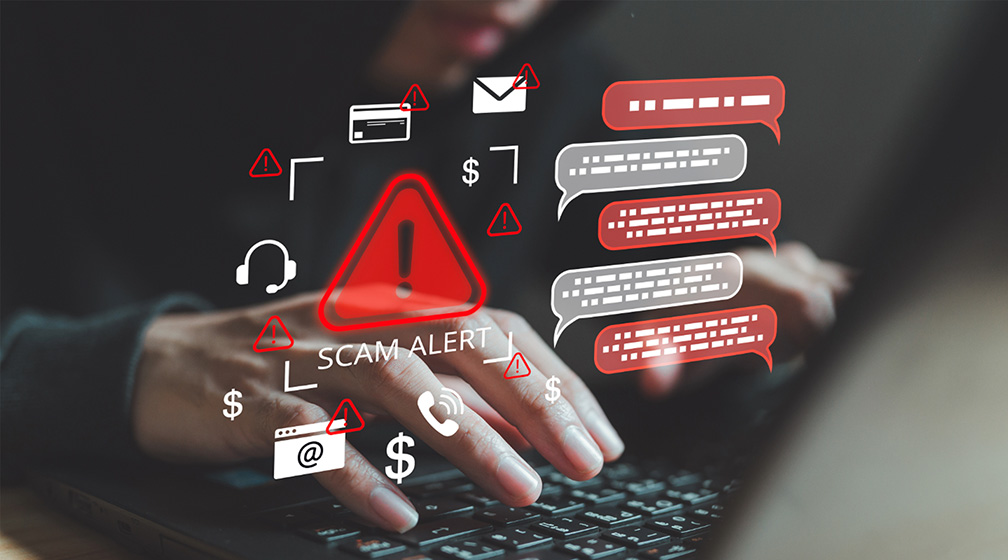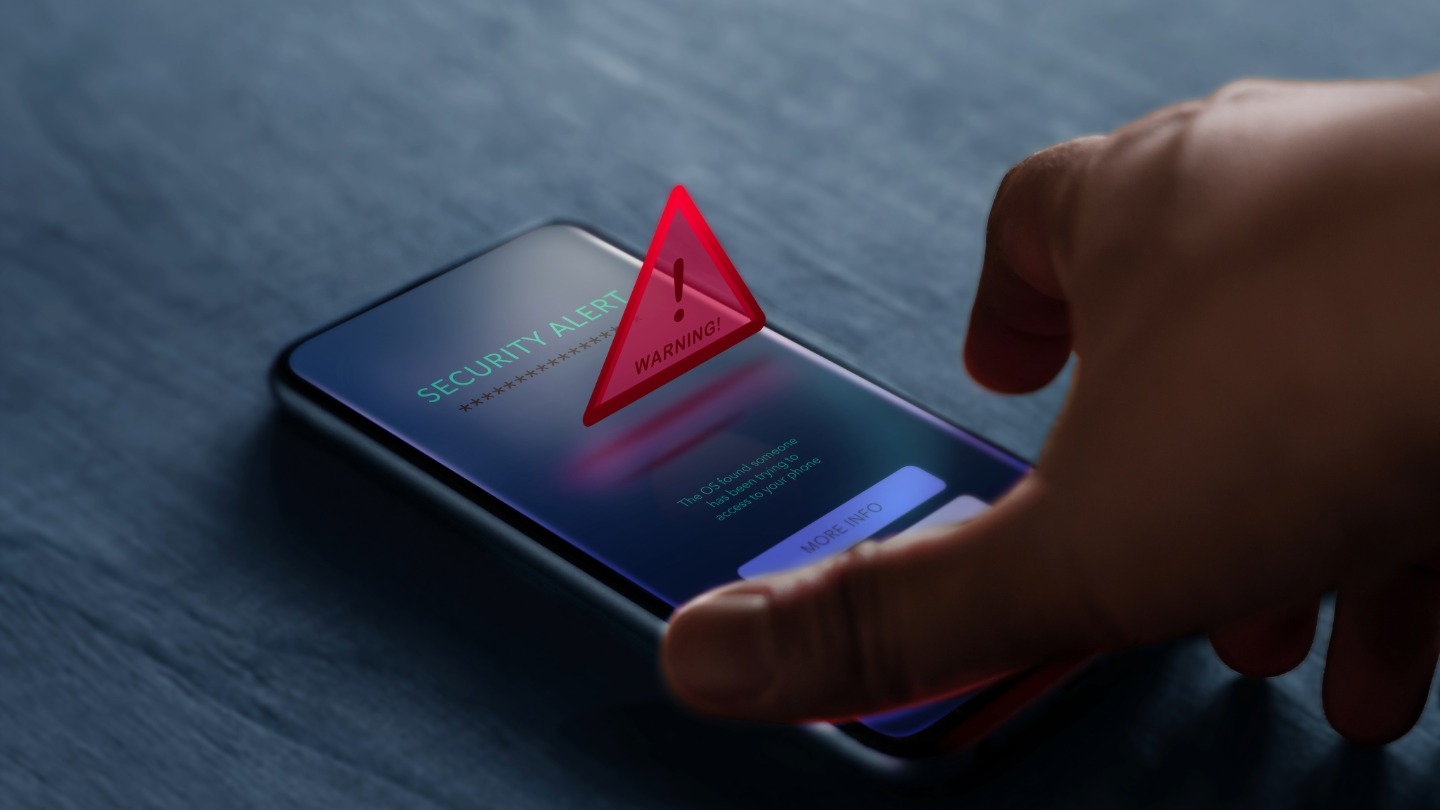
Peer-to-peer, or P2P, payment platforms like PayPal, Venmo, and CashApp are popular because they’re quick, convenient, and easy ways to send money to other people electronically. When used as intended, payment apps are relatively safe, but they lack some fraud protections and features that traditional payment methods like credit cards and debit cards have.
What Are Peer-to-Peer Payment Scams?
Scammers can run Money Fraud operation that cheats users out of their money or trick them into providing personal information. If you use payment apps, use these tips to help avoid peer-to-peer payment scams.
1. Don’t Pay for Goods or Services
Many businesses and service providers may accept payment via apps these days. But if an online retailer or service provider requires payment via an app, it’s a red flag. Even payment apps like Venmo caution against initiating transactions with people you don’t know in exchange for goods or services.
In short, it’s a good idea only to pay someone you already know and trust using a peer-to-peer payment app. If you pay a scammer for fake goods and services, it could be more difficult to cancel the transaction or recover your money.
2. Avoid Phishing Scams
Phishing scammers may contact you directly to gain access to your account or personal information or trick you into sending them money. They may try to contact you with phone calls, emails or text messages.
Don’t click any links, download any attachments, or provide personal information to anyone who reaches out to you. If there is a problem with your account, you should contact your bank or the payment app company via their official channels, which can be found on their website.
One scam involves someone “accidentally” sending you a payment in the app by mistake and requesting that you return the money, but you should never comply with this type of request. In this scam, they sent the money using a stolen credit card, and the transaction will likely soon be canceled. You’ll be out any money you “returned” to the scammer’s account.
3. Use Strong Security Settings
Always use strong passwords for your payment apps so no one can easily break into your account. Also, make sure to turn on multifactor authentication to have an additional layer of security at the point of login. This makes it much more difficult for scammers to get access to your funds.
4. Verify the Identity of Anyone You Pay
Always verify the identity of anyone you’re paying before you make a payment. It’s essential to double-check their address, username or phone number because if you make a mistake and send money to the wrong person, it can be challenging to recover the payment. If you’re worried you have the wrong person, contact them directly to verify their account before you pay.
FAQs
Below you can find commonly asked questions regarding popular peer-to-peer payment apps:
It is Safe to Receive Money on Cash App From strangers?
Receiving money from a stranger is a common CashApp scam warning sign, but not always. Check out Cash App Scams: What You Need to Know to help protect yourself.
Is My PayPal Account Safe From Scammers?
See our guide to Common PayPal Scams to Watch Out For that goes in depth on questions like "Does PayPal protect against scams?" and "Can a scammer take money from your PayPal account?".
Worried about keeping your information safe? Stay one step ahead of scammers.
Protect your credit, finances, and identity with real-time alerts from IdentityIQ. Start Your Protection Plan Today.







